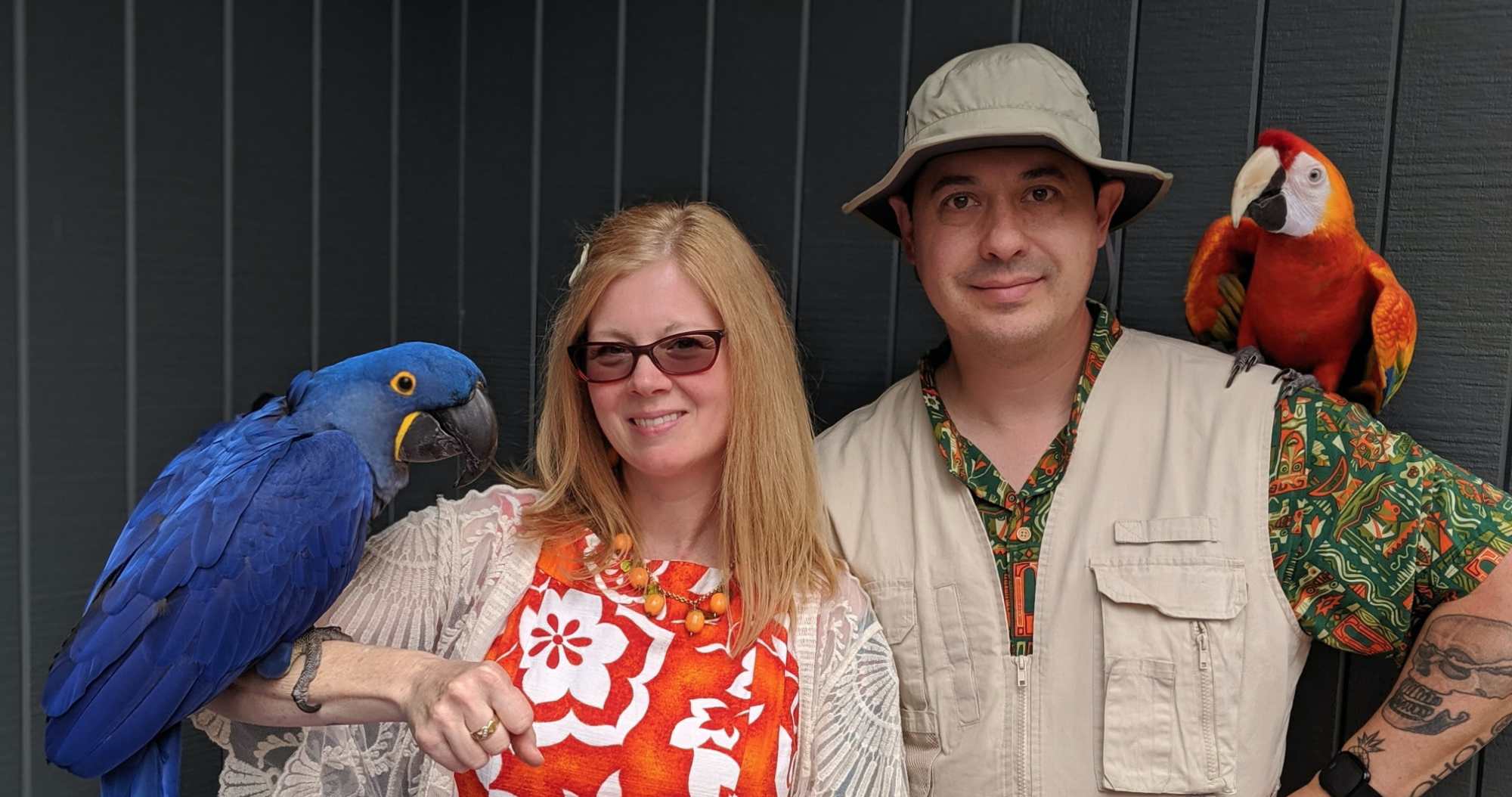‘The Kite Runner:’ A book review
Published 4:00 pm Tuesday, February 14, 2006
PENINSULA – Khaled Hosseini’s “The Kite Runner” is about redemption. It is also a study in contrasts. Hosseini weaves a tale of second (and third, and more) chances. He also reveals to us the recent history and cultural upheaval of Afghanistan through the eyes of a privileged and insecure young man.
Amir and his family’s servant Hassan are best friends. Amir is more than a bit neurotic, while Hassan is steady and true. When Amir is frightened, Hassan is strong. Amir runs, and Hassan stays to fight. And of course, when Hassan finally does need Amir, Amir lets him down. As do all boys in Kabul, they share a fondness for Afghani fighting kites. Amir, the privileged, flies and fights the kites, cutting loose his opponent’s kite to fly free. Hassan is a kite runner – that is, he retrieves the defeated kites by running through the streets and countryside surrounding Kabul. In fact, Hassan is the best kite runner around. This relationship of Afghani kite flyer to kite runner sums up the relationship of not only the boys but of all people of differing class – the excesses of the wealthy become scraps for the poor.
And then come the Taliban, God’s cruel joke on Afghanistan. By routing the Russians, the Taliban are at first the welcome liberators of Afghanistan. But under the fervor of religious zealotry, the Taliban quickly become crushing cultural and religious repressors, even outlawing the flying of kites. The wealthy such as Amir and his dear father Baba take flight, and, as always, the poor such as Hassan stay to bear the brunt. When, as an adult, Amir is called back to his home country to right just one of the millions of wrongs wrought on Afghanistan by the Taliban – this one specifically on Hassan – we get a glimpse at just how deep Amir’s insecurity runs. “I had to leave (for Afghanistan) as soon as possible. I was afraid I’d deliberate, ruminate, agonize, rationalize, and talk myself into not going.” Amir does go and finds his homeland now “a country with a lot of children, but little childhood.”
Beautifully written, this story is not entirely grim – there are wonderful moments during the childhood of the friends, when Kabul was a lovely city. And there is, finally, redemption for not only Amir, but for several characters in the story. There is also the hope that even from a place like Afghanistan, so betrayed by so many, a life can be set free.
Four Afghani fighting kites from the World Kite Museum will be on display at Independent Books in downtown Long Beach through February. “The Kite Runner” is available at Independent Books in Long Beach and at Time Enough Books in Ilwaco.
Gayle Borchard is the owner of Independent Books in Long Beach.





